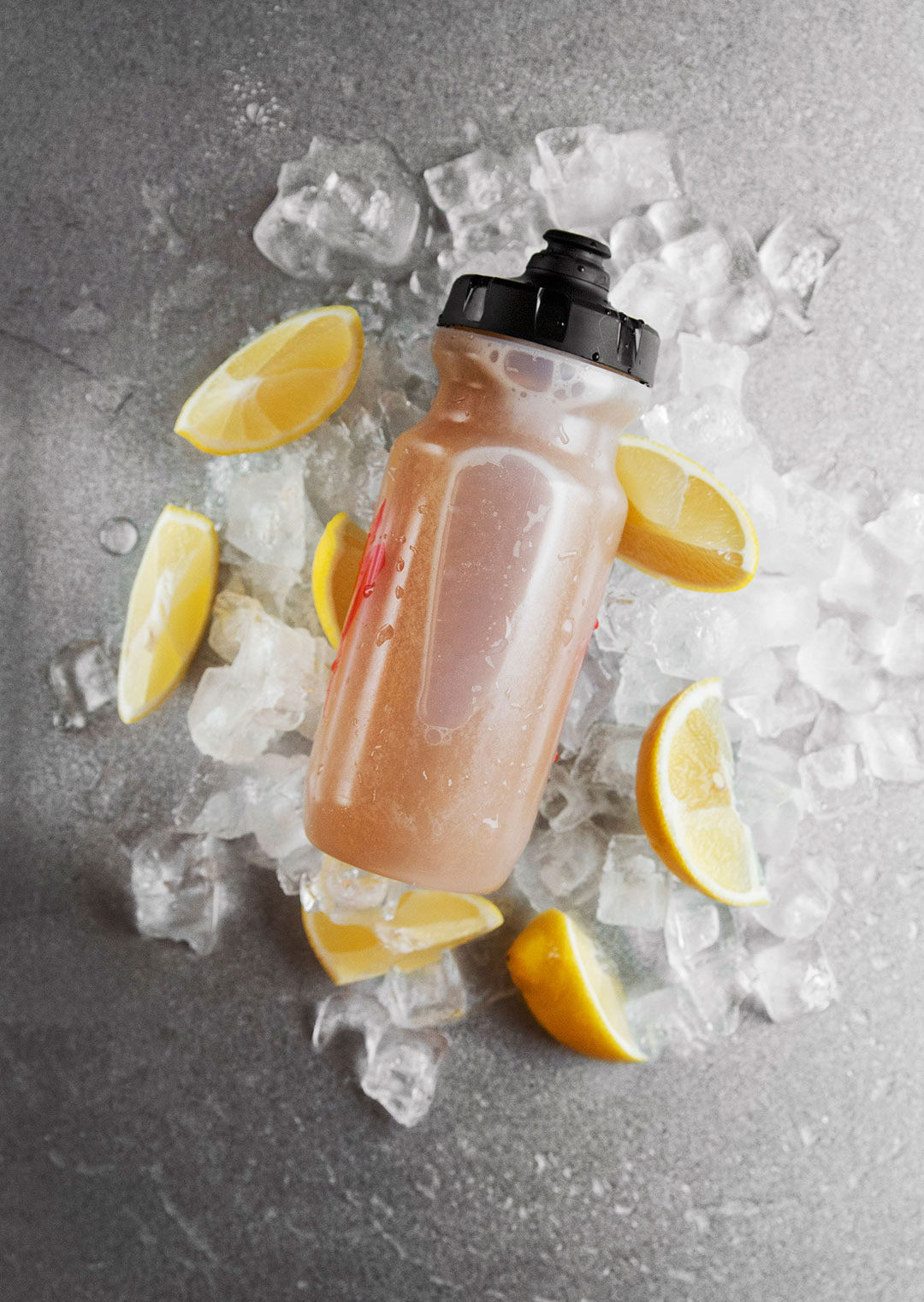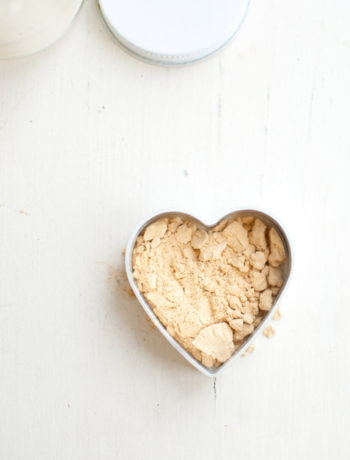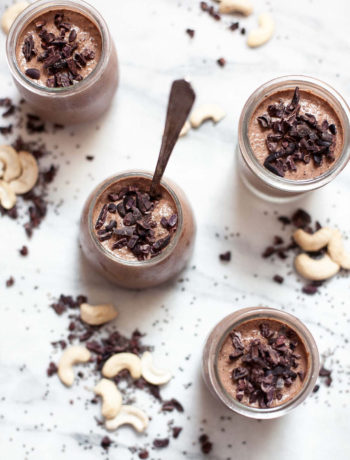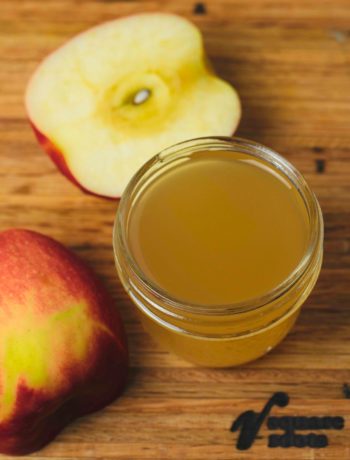Top up or blow up
Being an athlete requires peak fitness and a carefully honed diet. It’s not just about putting calories in your body, the best results will come when you focus on nutrient requirements to quickly repair and build muscles.
Between mental and emotional health, immune system, muscle recovery, sleep habits and heat tolerance, there are lots of things to consider. Here are a handful of suggestions to chew on.
Alkaline-Forming Foods
For fast recovery you should be consuming “alkalizing foods” rich in chlorophyll. Balancing your body’s pH (the acid & alkaline ratio) will help combat inflammation, reduce stress and protect bone health.
Alkaline-forming Foods
- kale
- spinach
- broccoli
- sprouts
- Chlorella & Spirulina powder
Post-workout Protein
Replenishing proteins will help boost your immune function and increase your lean mass. Intense exercise requires consuming greater amounts of protein than someone who is inactive, because prolonged, intense exercise damages proteins faster.
Suggestions
Plant-based Protein, Nuts, Seeds, Spirulina, Lentils, Legumes.
When to take it
It is generally believed that there is only a two-hour window after exercise that allows your body to optimize muscle repair and growth, and supplying your muscles with the right food, such as whey, during this time is essential
Eat Locally Sourced Foods
Athletes need to constantly be thinking about food and it’s important to know where that food comes from. Buying fresh, seasonal, and local offers an abundance of benefits:
- Naturally ripened and harvested at the right time, meaning your food will have much more flavour and nutrition. Some anti-oxidants such as Vitamin C, folate and carotenes will rapidly decline when stored for periods of time.
- A more transparent supply chain with possible face-to-face contact through local farmer’s markets.
- Local means you are aware of our regulations for pesticides. Many countries overseas have very relaxed laws about chemicals being sprayed on fruits and vegetables.
-
Bulk ordering can be a good way to save money and allow you to stock up for winter.
Eat Healthy Fat
Fat is an extremely important fuel for endurance exercise. Healthy oils and plant-based fats act like lubrication to your joints, arteries, and your cells. They lower inflammation in the arteries, brain, muscle cells and heart.
Healthy Fats:
- Avocados
- Coconut oil
- Raw cacao butter
- Raw nuts, such as pecans, walnuts and macadamia
Replenish Fluids & Electrolytes
Electrolytes regulate your body’s fluids, helping to maintain a healthy blood pH balance. Consuming electrolytes, specifically sodium, may help prevent cramping in some individuals during exercise.
Most think about an electrolyte drink, but electrolytes are also found in many foods. Since sodium is co-transported in the gut with glucose and amino acids, there are benefits to consuming sodium with other calories.
How much should you drink
There’s an easy method to figure out exactly how much fluid you need: weigh yourself before you go out for an hour of exercise, and then weigh yourself again when you get home. That’s the weight of fluid you should be taking in per hour. The method is two cups of liquid for every pound you lose.
Listen to your body
Your body knows what you need better than your brain. Restless sleep, fatigue, or long-lasting muscle pain are some of our bodies’ ways of telling us we may need to take a breather on the training or fine tune our nutrition.
For a lot of passionate recreational and professional athletes, they believe taking time off training is a bad thing. It’s not. Your body needs rest in order to recover properly and gain the strength to fend off bigger injuries that take longer to heal.










No Comments